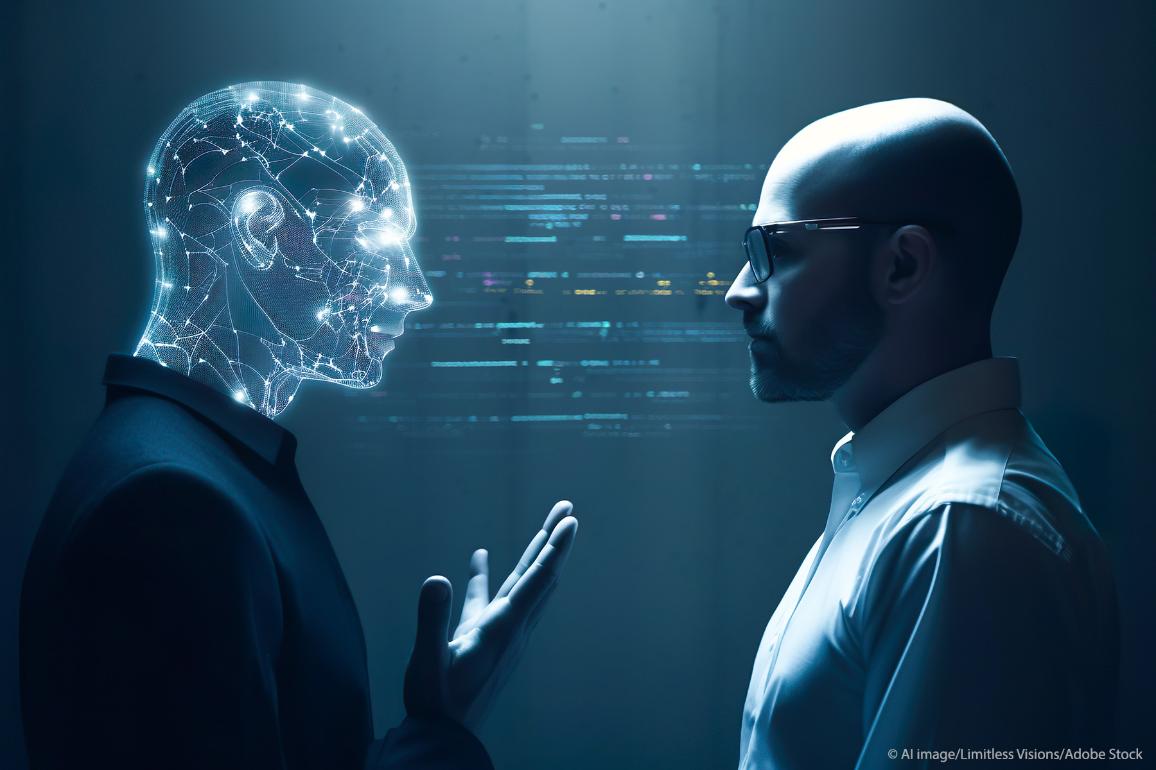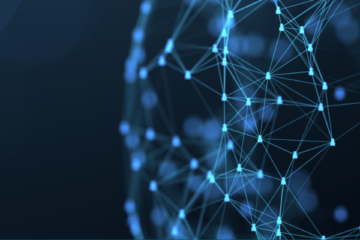Artificial Intelligence (AI) is no longer a concept confined to science fiction; it is a transformative force reshaping industries, enhancing our daily lives, and driving innovation. As we look toward the future, the potential of AI seems limitless. This blog explores the upcoming trends, challenges, and opportunities that AI presents, offering insights into how it will continue to evolve and impact our world.
1. AI in Everyday Life
AI is becoming increasingly integrated into our daily routines, making tasks easier and more efficient. From voice-activated assistants like Siri and Alexa to personalized recommendations on streaming platforms and e-commerce sites, AI enhances user experiences.
What to Expect:
- Smart Homes: Expect advancements in home automation, where AI systems manage everything from energy usage to security.
- Health Monitoring: Wearable devices powered by AI will offer real-time health insights, alerting users to potential issues before they become critical.
- Personalized Experiences: AI will further tailor recommendations based on individual preferences, enhancing everything from shopping to entertainment.
2. AI in the Workplace
The future of work is being reshaped by AI, driving efficiency and enabling new ways of collaboration. Companies are leveraging AI for data analysis, process automation, and decision-making.
What to Expect:
- Automation of Routine Tasks: AI will handle repetitive tasks, freeing employees to focus on strategic initiatives and creative problem-solving.
- Enhanced Decision-Making: AI-driven analytics will provide insights that help businesses make informed decisions quickly and accurately.
- Remote Collaboration: AI tools will facilitate seamless communication and project management, making remote work more efficient and effective.
3. Healthcare Revolutionized by AI
AI has the potential to revolutionize healthcare, from diagnostics to treatment plans. By analyzing vast amounts of data, AI can identify patterns that humans might miss, leading to better patient outcomes.
What to Expect:
- Predictive Analytics: AI will predict disease outbreaks and patient outcomes, allowing for proactive measures.
- Personalized Medicine: Treatment plans will be tailored to individual genetic profiles, optimizing effectiveness.
- Robotic Surgery: AI-driven robots will assist in surgeries, improving precision and recovery times.
4. Ethics and AI Governance
As AI technology evolves, so do the ethical considerations surrounding its use. Issues such as privacy, bias, and accountability will become increasingly important.
What to Expect:
- Regulatory Frameworks: Governments and organizations will establish guidelines to ensure ethical AI development and deployment.
- Bias Mitigation: Efforts will be made to identify and eliminate biases in AI algorithms, promoting fairness and equity.
- Transparency and Accountability: The push for explainable AI will grow, ensuring users understand how decisions are made.
5. AI in Education
AI is set to transform education by personalizing learning experiences and automating administrative tasks.
What to Expect:
- Tailored Learning Paths: AI will analyze student performance and preferences to create customized educational experiences.
- Administrative Efficiency: AI will streamline administrative tasks, allowing educators to focus more on teaching.
- Virtual Tutors: AI-driven tutoring systems will provide additional support to students, enhancing learning outcomes.
6. The Creative Potential of AI
AI is increasingly being used in creative fields, pushing the boundaries of what is possible in art, music, and writing.
What to Expect:
- Collaborative Creativity: Artists and musicians will collaborate with AI to explore new creative possibilities.
- Content Generation: AI will assist in producing content for marketing, journalism, and entertainment, generating ideas and even drafting pieces.
- New Art Forms: Expect the emergence of entirely new art forms that blend human creativity with AI capabilities.
7. The Global Impact of AI
AI has the potential to address some of the world’s most pressing challenges, including climate change, food security, and healthcare accessibility.
What to Expect:
- Sustainability Solutions: AI will optimize energy consumption and improve resource management, contributing to environmental sustainability.
- Agricultural Advancements: AI-driven technologies will enhance crop yields and reduce waste, improving food security globally.
- Global Health Initiatives: AI will support initiatives to provide healthcare access to underserved populations, bridging gaps in medical services.
Conclusion
The future of AI is bright, brimming with possibilities that can enhance our lives and solve complex challenges. While the opportunities are immense, it’s crucial to navigate the ethical landscape responsibly. By fostering collaboration between technologists, policymakers, and society at large, we can ensure that AI develops in a way that benefits everyone. As we embrace this exciting frontier, the journey of AI will undoubtedly shape the fabric of our world for generations to come.
Stay curious, stay informed, and get ready to explore the limitless potential of AI!




